AZERI A2.10.002
N/C GUNESHLI
DENSITÉ : 0,8387
H20 : 0,397
S : 0,19
N. PROG : 1371+1372+1373+1374
EN : 17.02.2015
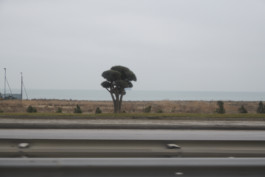
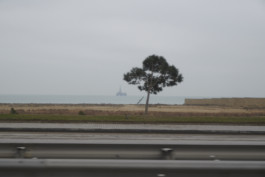
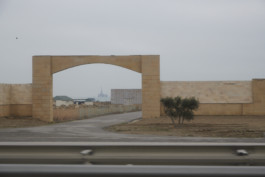
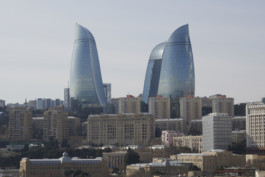
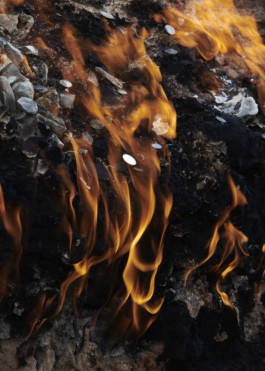
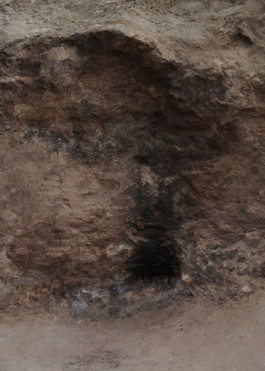
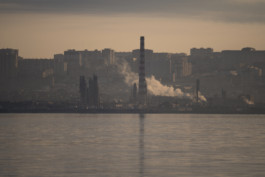
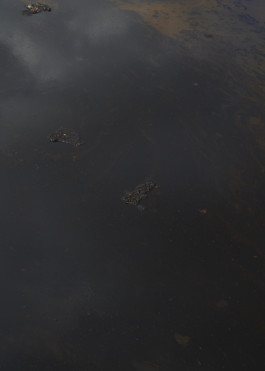
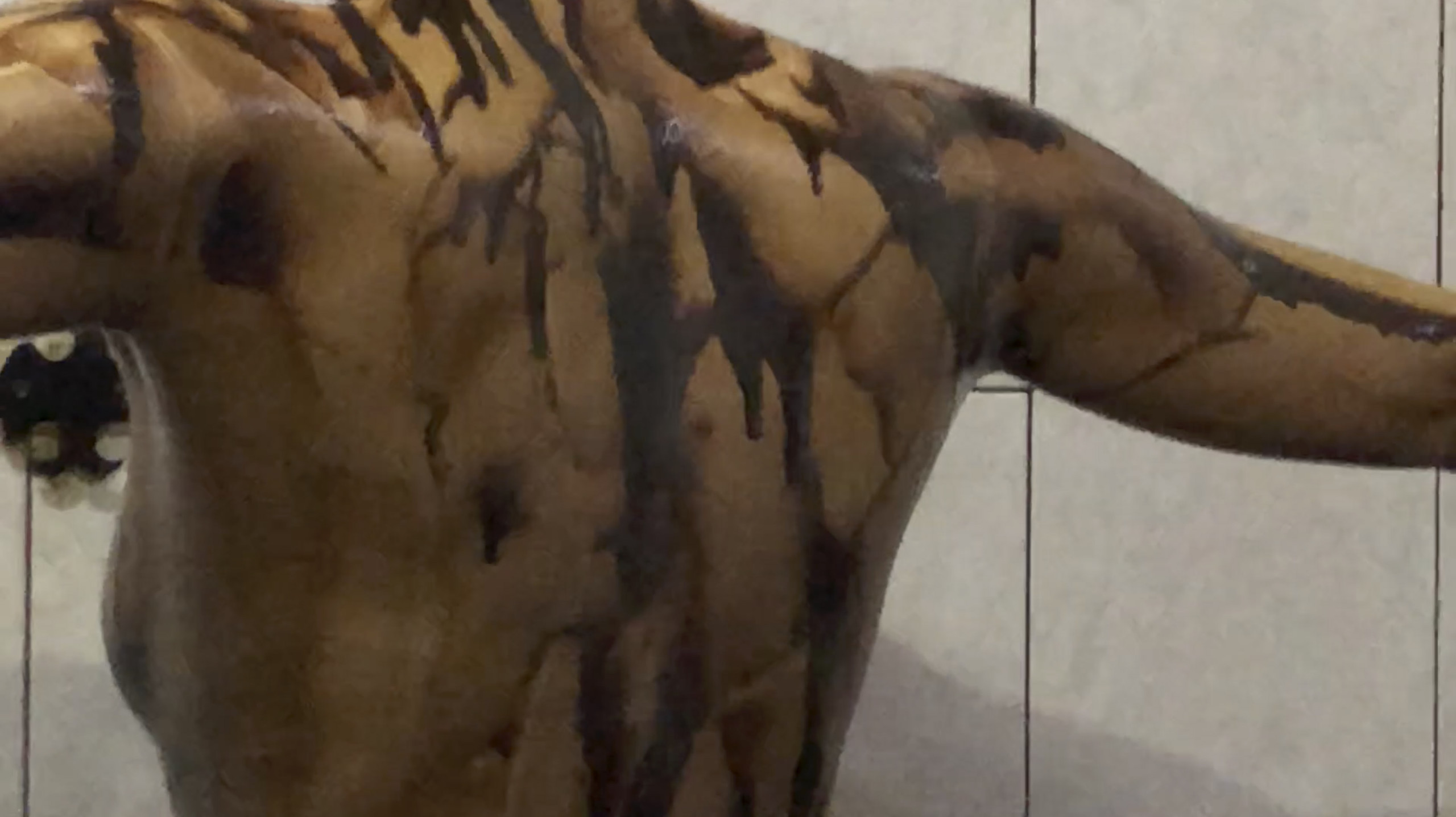
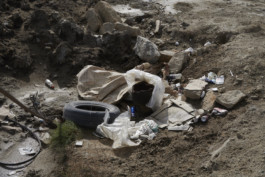
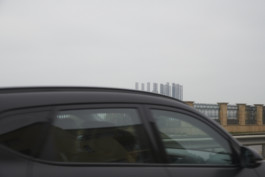
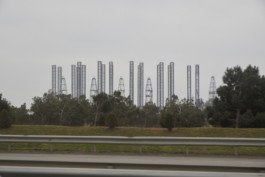
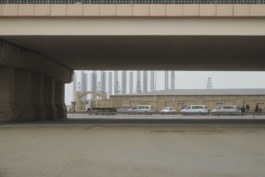
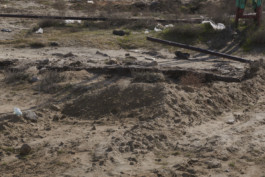

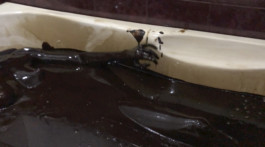
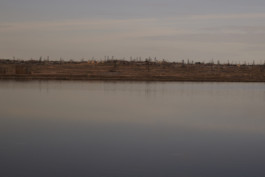
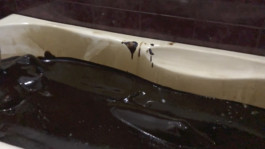
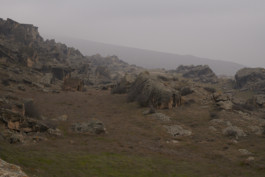

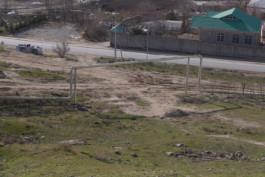
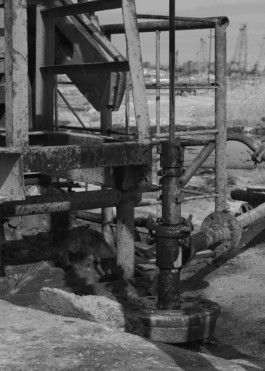
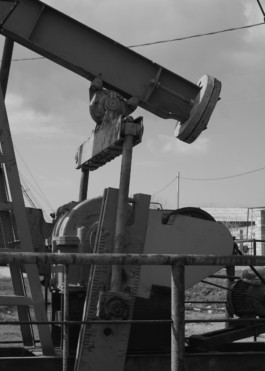
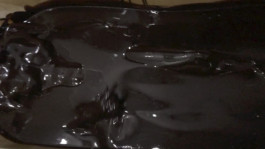
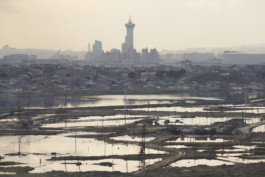
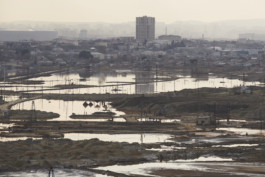

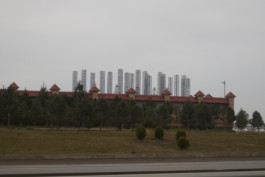
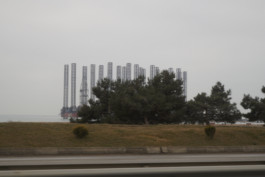
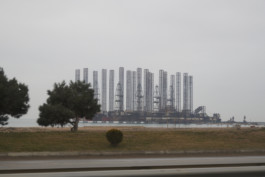
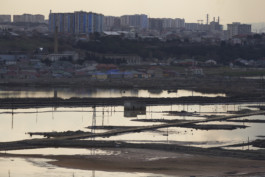
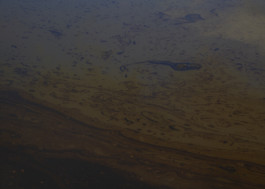
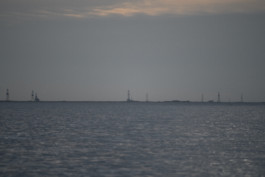
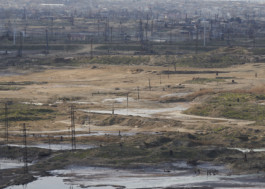
MADAN (fr)
Le traitement des matières premières met en lumière le décalage entre la matière à l’état brut et le produit fini, que la mondialisation a nettement renforcé. Le produit fini est attirant, facile et prêt à l’emploi: il ne représente pas le travail d’extraction, d’acheminement et de transformation; ces opérations sont souvent sources de crime contre l’environnement ou d’exploitation sociale. Sans cette conscience du cheminement, les produits finis nous paraissent bruts, alors qu’ils n’en sont que des simulacres et que leur histoire est déjà longue.
Le pétrole, une matière première dite stratégique, a depuis le début de son exploitation généré des conflits: géo-politique, éthique, écologiques, corruption, vol de terrain mais il est aussi source d’enrichissement. Le pétrole est omniprésent : que ce soit pour son exploitation énergétique (carburant, huiles de chauffage), ou la fabrication de produits du quotidien (matières plastiques, textiles, cosmétiques, bitume). Pourtant, en Suisse le pétrole brut ou raffiné n’est jamais visible. Même dans son acheminement jusqu’au pays consommateur, le produit reste imperceptible : il est caché dans des camions, des trains, des bateaux ou dans des oléoducs enfouis sous terre. Il parcours des milliers de kilomètres en étant invisible.
En Suisse un quart du pétrole importé vient d'Asie centrale, plus particulièrement d'Azerbaïdjan à travers la compagnie pétrolière SOCAR (State Oil Company of Azerbaijan Republic). Ce logo en flamme bleu rouge vert nous est familier, mais le pays qui en est derrière beaucoup moins alors qu'il a une place décisive dans notre société à travers les énergies fossiles. La réalité des paysages dévasté par l'exploitation pétrolière est cachée alors que la Suisse y participe activement. Madan part sur les traces de l'origine du pétrole, matière tant décomposée que féconde.
MADAN (engl)
The treatment of raw materials highlights the discrepancy between raw materials and finished products, which globalisation has clearly reinforced. The finished product is attractive, easy and ready to use: it does not represent the work of extraction, transportation and processing; these operations are often sources of environmental crime or social exploitation. Without this awareness of the process, the finished products appear raw to us, whereas they are only a sham and already have a long history.
Since the beginning of its exploitation, oil, a so-called strategic raw material, has generated conflicts: geo-political, ethical, ecological, corruption, land theft, but it is also a source of enrichment. Oil is omnipresent: whether for its energy exploitation (fuel, heating oils), or the manufacture of everyday products (plastics, textiles, cosmetics, bitumen). However, crude or refined oil is never visible in Switzerland. Even on its way to the consuming country, the product remains imperceptible: it is hidden in trucks, trains, ships or in pipelines buried underground. It travels thousands of kilometres invisibly.
In Switzerland a quarter of the oil imported comes from Central Asia, particularly from Azerbaijan through the State Oil Company of Azerbaijan Republic (SOCAR). We are familiar with this logo in blue red green flame, but the country behind it is much less familiar, even though it has a decisive place in our society through fossil fuels. The reality of the landscapes devastated by oil exploitation is hidden while Switzerland is actively involved in it. Madan is following in the footsteps of the origin of oil, which is both decomposed and fertile.